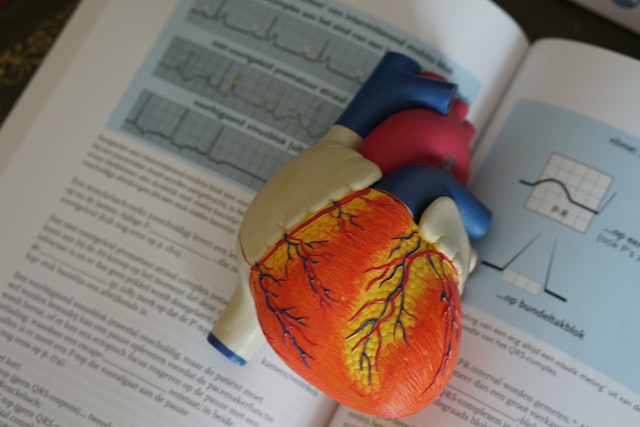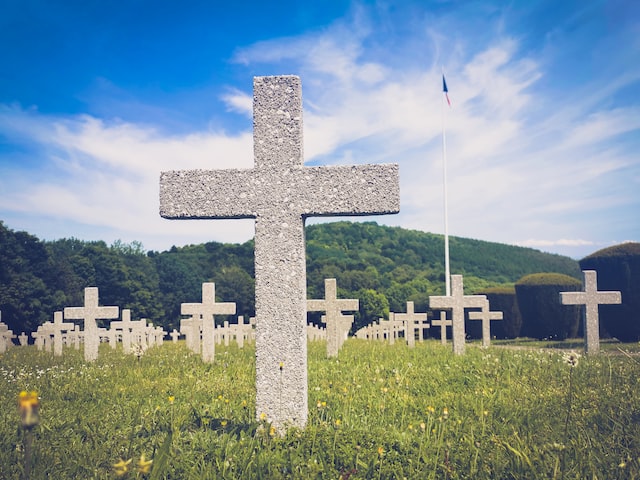
Memorial Ideas For Veterans
April 10, 2023
Helping Children With Grief And Loss
April 24, 2023Donating an organ is a selfless gesture that not only has the potential to save lives but also to enhance the quality of life for the recipient. A cemetery in Windsor, NJ, knows that it is giving organs or tissues, either from a deceased or living donor, to another individual so that they can be implanted in that individual. Both the person who donates their organs and the person who receives them stand to gain from the process, which has a wide range of advantages.
Possibility Of Saving Lives
Donating organs allows for the possibility of saving lives, which is one of the most important benefits of doing so. Those suffering from severe and life-threatening medical diseases, such as end-stage organ failure, may be candidates for organ transplantation as a treatment option. Donors can assist in improving the quality of life for recipients of their organs and provide them with a second chance at life through organ donation.
Benefits The Donor And Their Family
Donating an organ can benefit the recipient, the donor, and their family. Many families find solace and satisfaction in the knowledge that their deceased loved one’s legacy will continue on in the lives of others when they decide to donate organs after the loss of a member of their family. In the face of grief and loss, it can also give a feeling of completion and purpose to one’s life.
Advancement Of Medical Research
Organ donation has several benefits, including but not limited to the saving of lives, the advancement of medical research, and the improvement of healthcare outcomes. Thanks to organ donation, researchers gain a significant opportunity to study organ function, create new treatments and cures, and better understand the human body.
Assists In The Reduction Of Healthcare Costs
In addition, organ donation can assist in the reduction of costs associated with healthcare as well as the enhancement of access to healthcare. Donating organs and tissues can reduce the need for invasive and expensive medical procedures like dialysis and chemotherapy by saving lives with the organs and tissues provided through the donation process. It can help enhance healthcare results and lower the burden of expense placed on individuals and families by healthcare costs.
Positive Impact On The Environment
 Cemeteries in Windsor, NJ, believe that donating one’s organs has the potential to have a beneficial effect on the surrounding ecosystem. The traditional practices used to bury the dead can contribute to the depletion of natural resources and the degradation of the environment. Donors can help to decrease the impact that their end-of-life preparations have on the environment and contribute to a future that is more sustainable and environmentally friendly by deciding to donate their organs.
Cemeteries in Windsor, NJ, believe that donating one’s organs has the potential to have a beneficial effect on the surrounding ecosystem. The traditional practices used to bury the dead can contribute to the depletion of natural resources and the degradation of the environment. Donors can help to decrease the impact that their end-of-life preparations have on the environment and contribute to a future that is more sustainable and environmentally friendly by deciding to donate their organs.
Conclusion
The benefits of organ donation are numerous and far-reaching. Individuals can save lives, improve healthcare outcomes, advance medical research, and contribute to a more sustainable future by choosing to donate their organs.
When it comes to respecting the memory of our loved ones, picking the best cemetery in Windsor, NJ, is a crucial choice. The proper cemetery may offer a serene and lovely site for a final resting place and a caring environment for grieving people. By studying and selecting the ideal cemetery for them, you can ensure that your loved one’s memory is respected and that their legacy endures for future generations.




